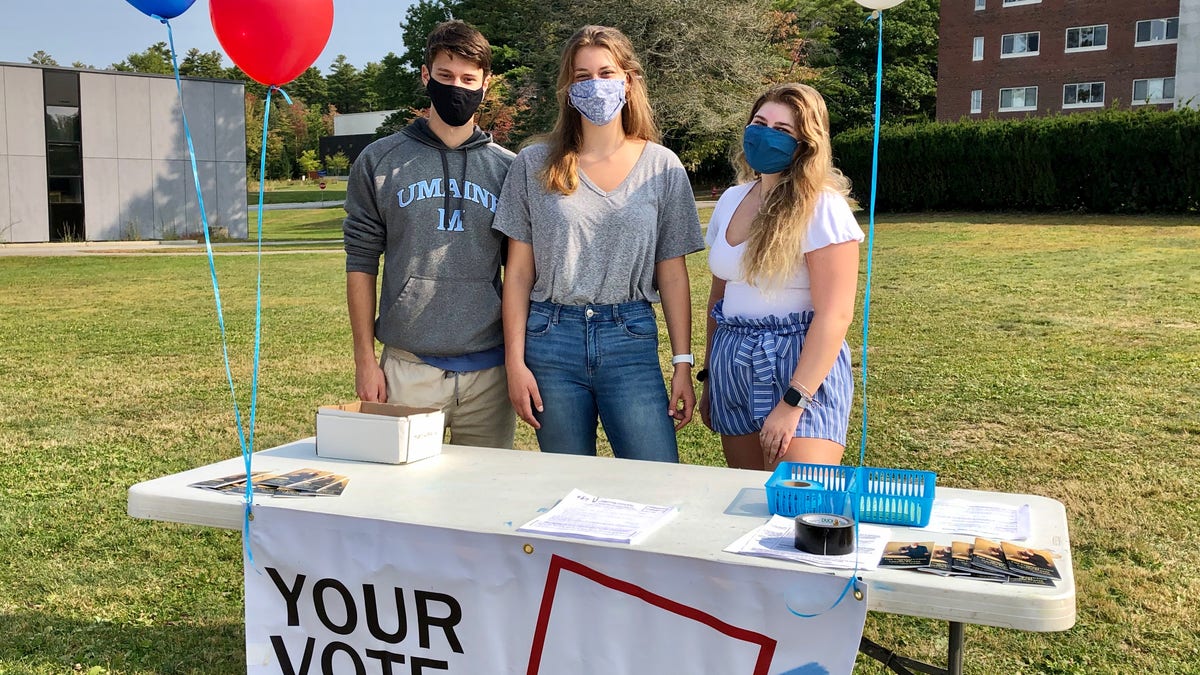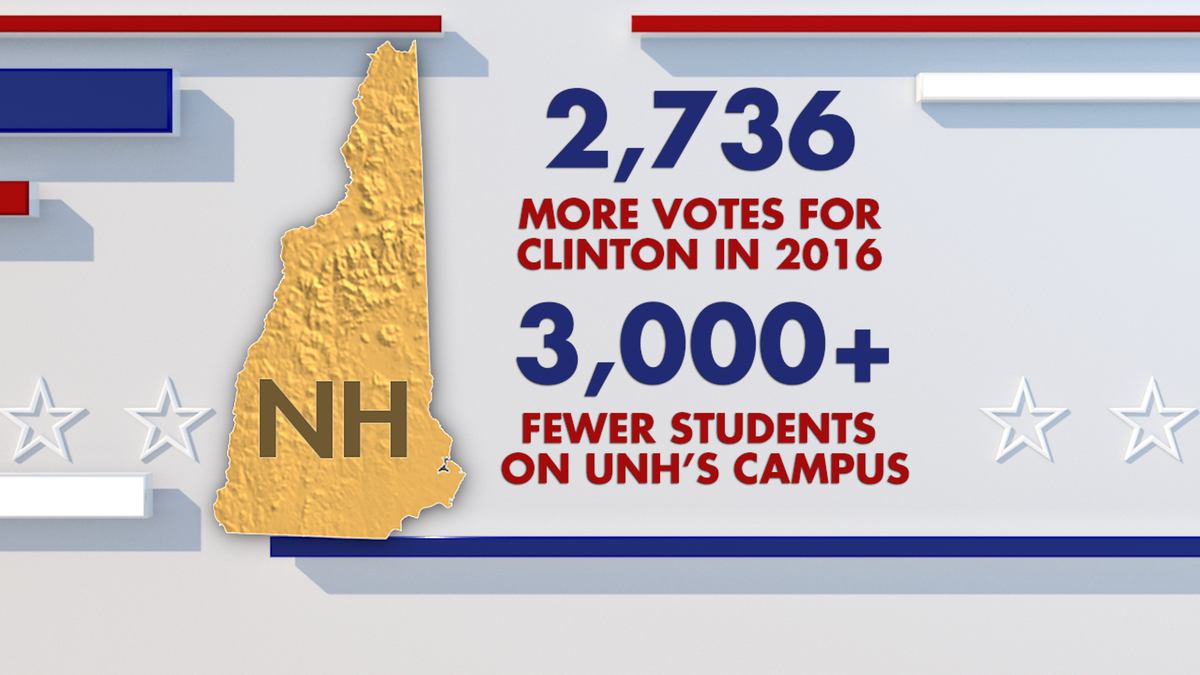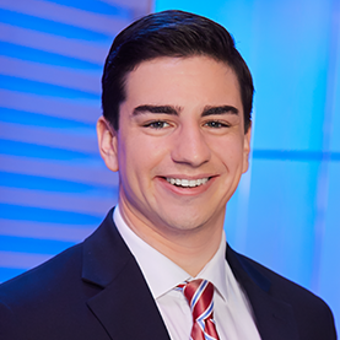Democrats struggle to mobilize college voters with remote classes, COVID restrictions
Voter outreach on college campuses is a big challenge for Democrats amid the pandemic – in part because a lot of students aren't there.
DURHAM, N.H. – Weeks out from a presidential election, the sidewalks on the campus of the University of New Hampshire are usually lined with clipboard-wielding activists and campaigners.
"None of that's going on right now," said UNH political science professor Andrew Smith.
Getting out the vote at colleges like UNH will be a challenge this year, mostly because a lot of students aren't on campus, and those who are are under tight restrictions that could deter first-time voters. While the pandemic will hinder both parties' ability to get young voters to cast their ballots, Smith said Democrats have the most at stake.
"Student support has been a very, very core group of supporters for Democrats," Smith said. "In close elections, that can make the difference.
About 200 miles away, at the University of Maine, first-year student Keely McConville, 18, said this isn't how she envisioned her college experience – or her first vote for president.

Three students on the campus of the University of Maine work a voter registration table amid the pandemic. (Jenny Desmond / UMaine)
"I don't think I ever would have guessed that this is how it would go. But here we are," McConville said. "It's weird that the only person I've really seen without a mask on is my roommate."
McConville, a political science major, is working as a campus ambassador through the college's initiative 'UMaine UVote,' to get her classmates to register and make a plan to cast a ballot – whether by absentee or in-person. She said that while they have been able to do some limited in-person registration drives on campus, they have been limited to Zoom calls for the most part.
BIDEN, HARRIS, PENCE TRAVEL TO ARIZONA AFTER VICE PRESIDENTIAL DEBATE; TRUMP RETURNS TO OVAL OFFICE
In 2016, Hillary Clinton won New Hampshire by about 2,700 votes. This year – on UNH's campus alone – Smith said there are 3,000 fewer students.

Along with New Hampshire, Arizona, Florida, Iowa, Maine, Michigan, Minnesota, North Carolina, Pennsylvania and Wisconsin are also states with key battleground districts where young votes could have the most impact, according to Tufts University's youth electoral significance index.
In Pennslyvania, on the campus of Temple University, a watch party of the last presidential debate drew about 30 students in a lecture hall that holds almost 700, the Philadelphia Inquirer reported. Trump won the state in 2016 by less than 1 percent.
"It's harder to organize because you can't have the face-to-face activities," Smith said. "It's harder to get people energized about politics because of that."
"Student support has been a very, very core group of supporters for Democrats. In close elections, that can make the difference."
McConville said some of her classmates may not realize the power of their vote this year.
"I'm not sure everyone has really, really come to realize the power that is our voting bloc," she said. "But hopefully, they will.
CLICK HERE TO GET THE FOX NEWS APP
Smith said even in a normal year it's a struggle to get young people to the polls, but the lack of students on campus – and obstacles of mobilizing the ones that are – could be a crushing blow.
"You really have to force college kids to get to the polls. If there are a significant number of students who aren't here in the state, that could make the difference," Smith said. "In a close race, those students are very important."






